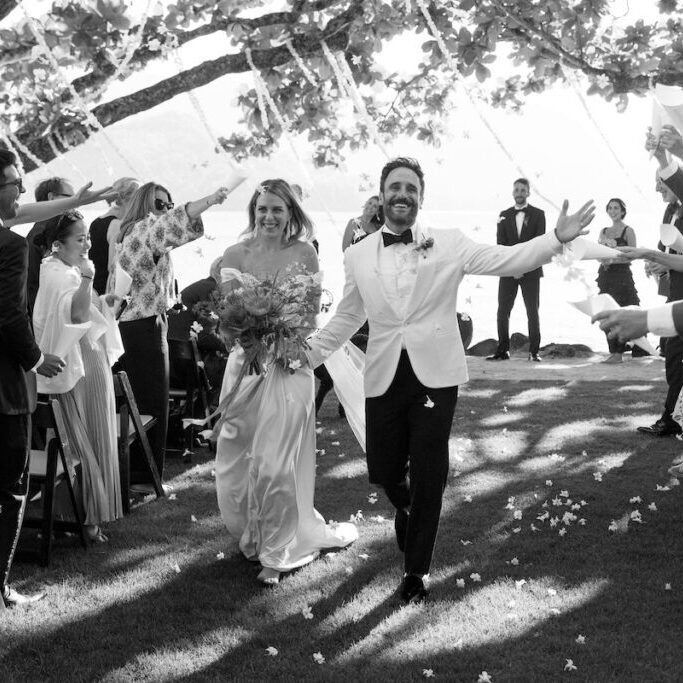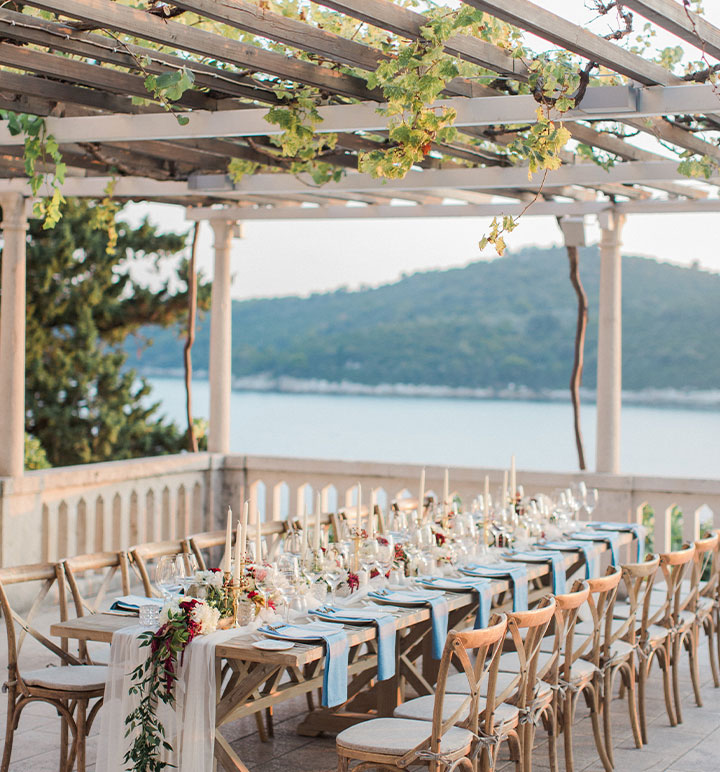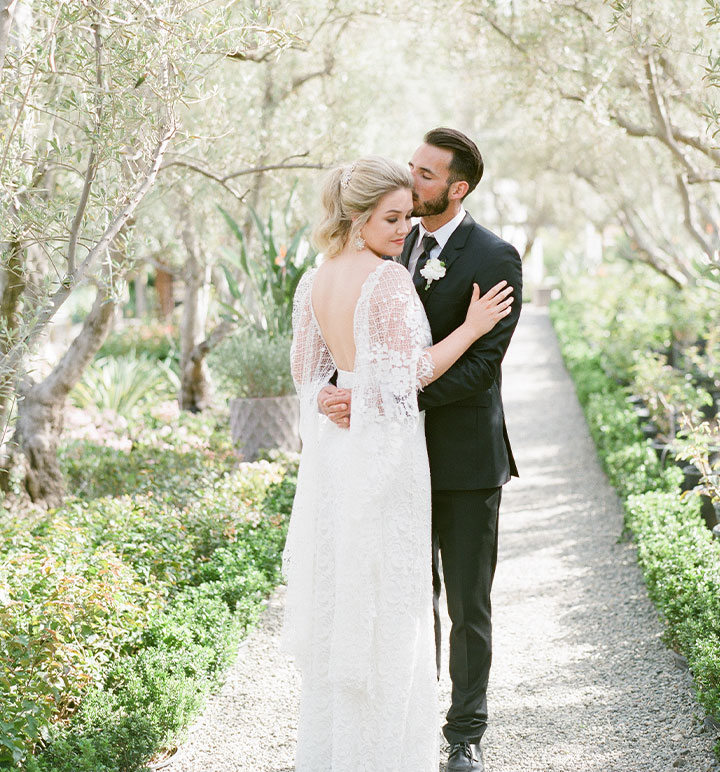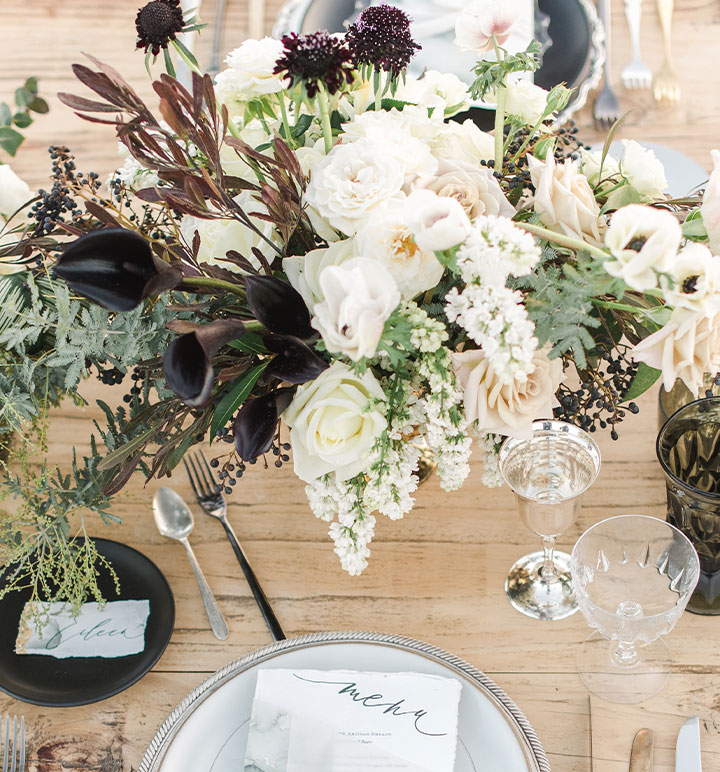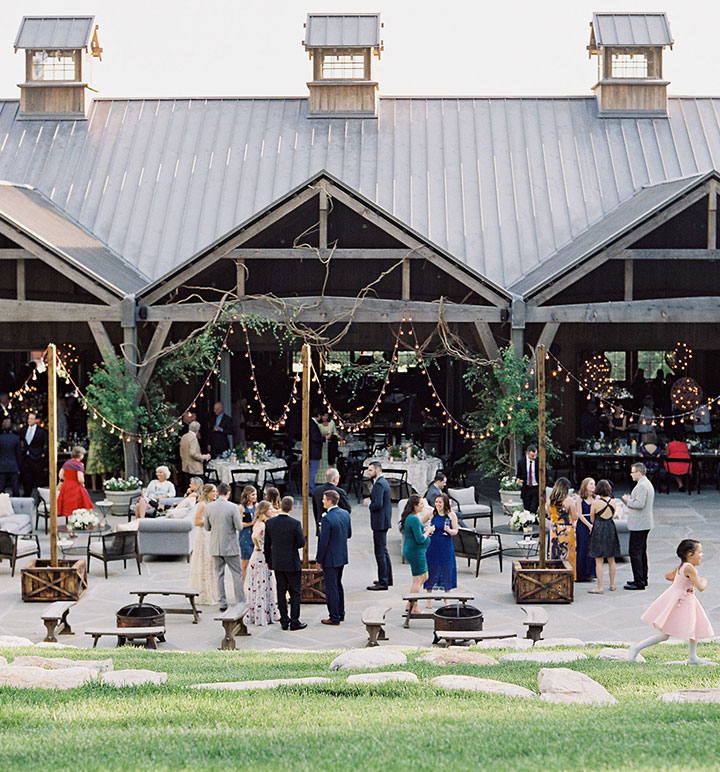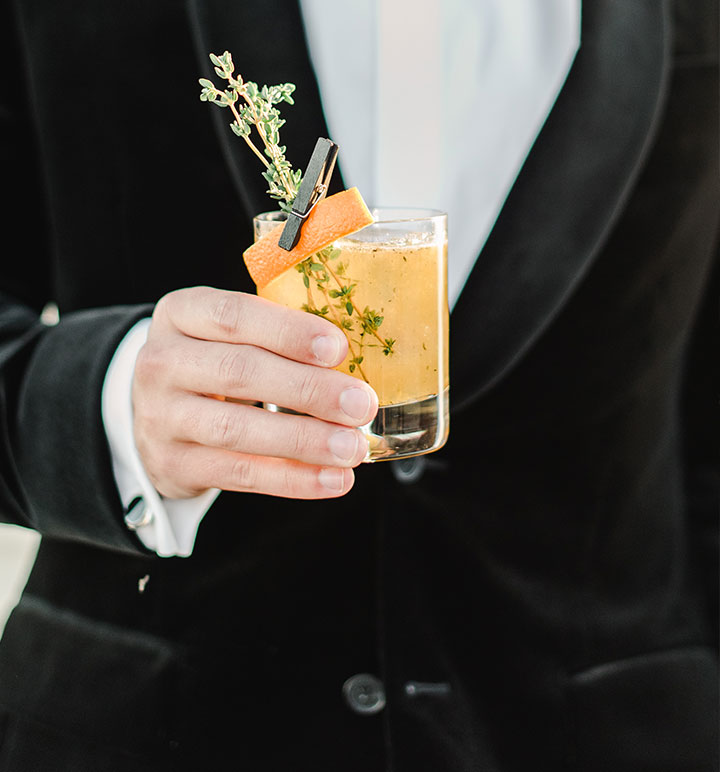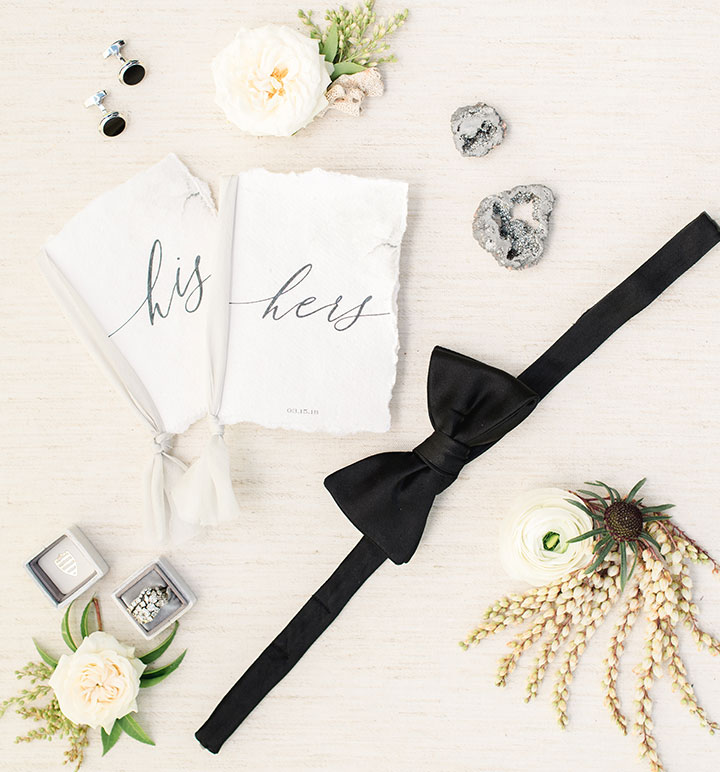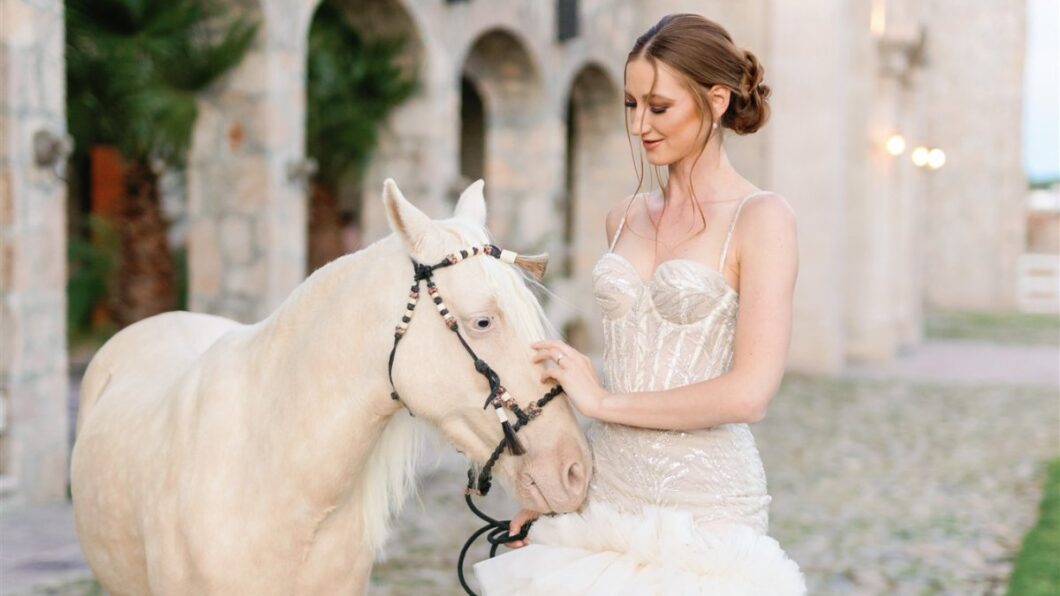
Appreciation vs Appropriation: Local Culture & Your Destination Wedding
CATEGORIES
June 10, 2024
Words by
Photos courtesy of
Destination weddings offer an excellent opportunity to explore and embrace another place’s culture while celebrating a major life milestone. From local cuisine to historical traditions, there’s much to enjoy in every destination, but couples must respect and understand their roles as visitors to a community with deep cultural roots.
“Planning a destination wedding means that you are a guest in a different place and different culture,” reminds Kate Hickey of Sunshower Weddings + Events. “As guests, couples need to realize what a privilege it is to experience that place and culture, especially in the context of one of the most important days of their lives.”
Whether you plan to tie the knot in Maui, Venice, New Zealand, or another far-flung location, recognizing the difference between appropriation and appreciation allows you to honor local norms and traditions while celebrating your nuptials. Keep reading to learn how to show genuine appreciation for your destination and avoid cultural faux pas while planning your big day.
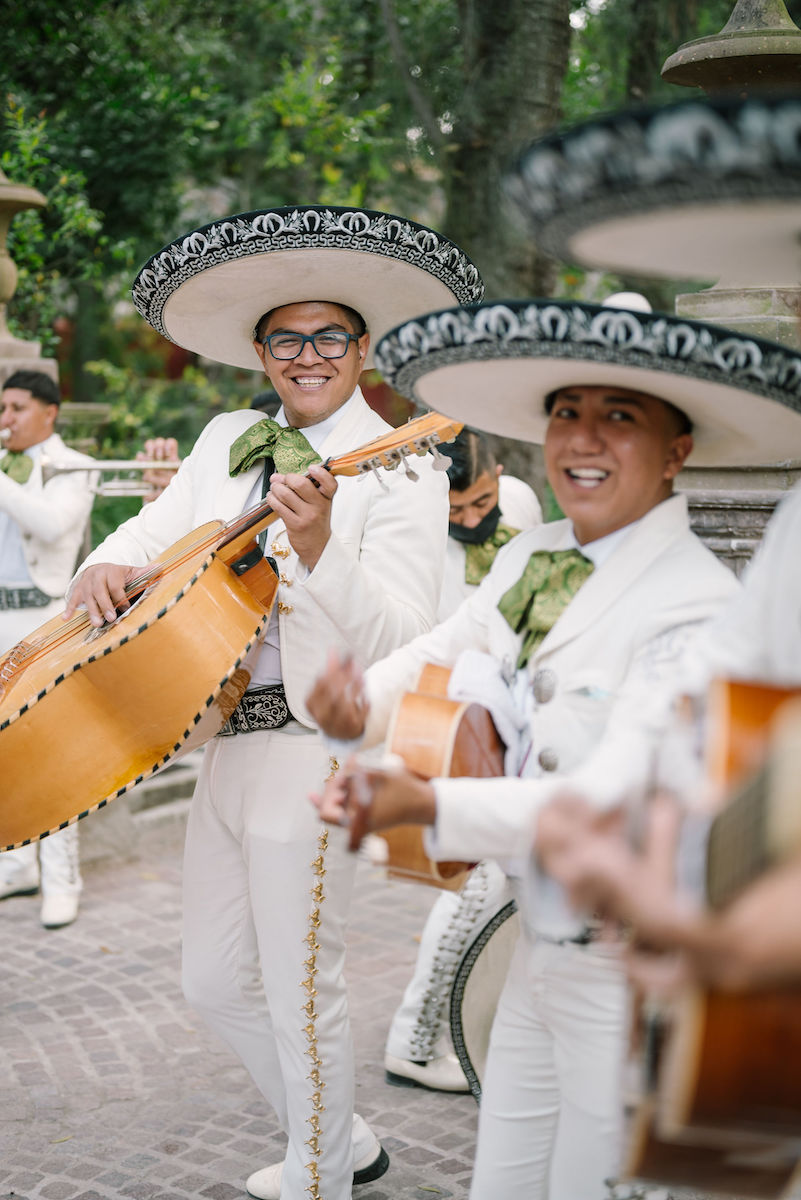
Appropriation vs. Appreciation
There’s a fine line between appreciating a region’s culture and appropriating it as one’s own. Destination wedding experts agree that there’s one key differentiating factor: intention. Incorporating local attire, rituals, or music because you understand and enjoy the cultural context is acceptable; doing so because it looks good on Instagram is not.
“Appropriation is taking another person’s cultural traditions, practices, religion, fashion, or values and adapting them as your own for a trend, profit, or any use without permission, knowledge, sensitivity, or recognition of where it originated and the history behind it,” explains Samiya Brasfield of SB Events Co.
She cautions against using cultural elements for aesthetic purposes, which falls under appropriation. “This is disrespectful when a group with a wider reach takes from a marginalized group that has been historically oppressed and criticized when following their own traditions,” she states.
For example, if a couple wants a conch shell blown in their Hawaiian ceremony without knowing the significance of the pū’s ancient history, that’s considered appropriation.
On the other hand, “taking time to understand the cultural element’s significance and even getting locals’ permission shows appreciation,” explains wedding photographer Colton Simmons. In addition to educating yourself, Simmons also stresses the importance of spreading your appreciation by sharing cultural context with guests.
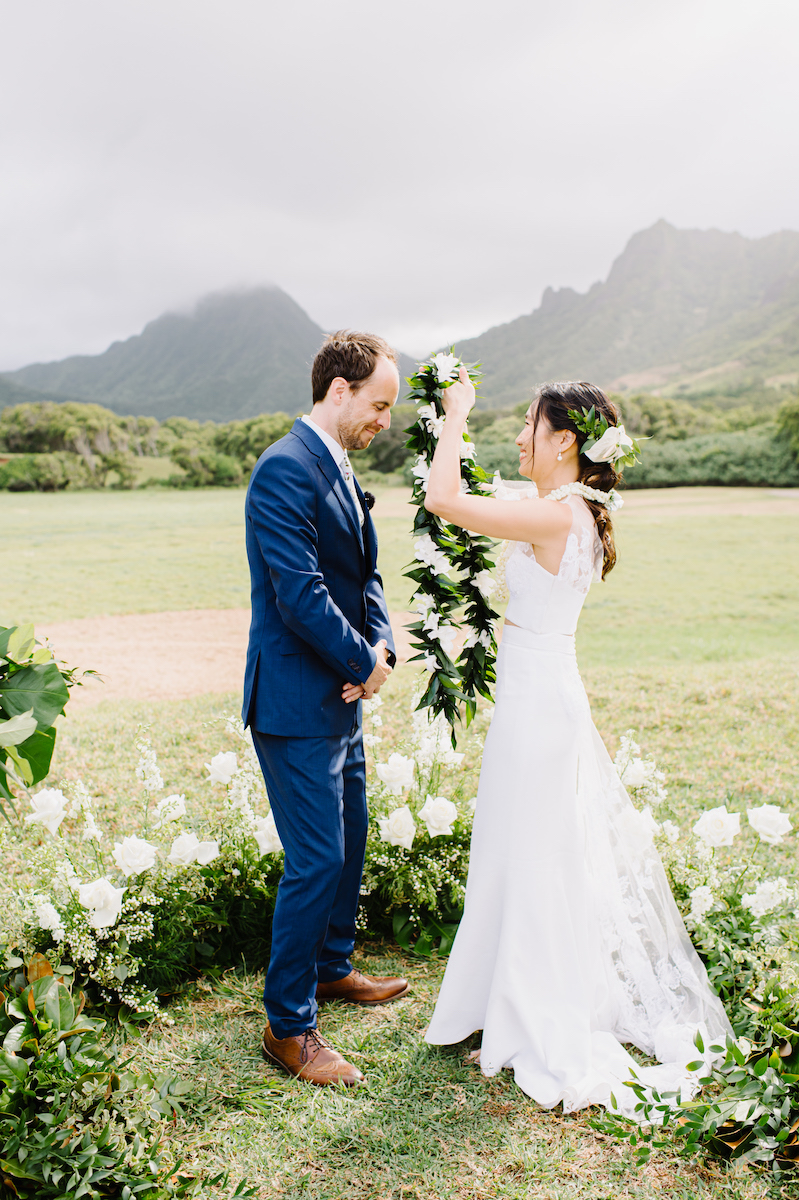
“If there are decorations that reflect your destination, make sure to have signs throughout the reception space explaining the meanings and purpose for them,” he suggests.
In other words, appreciation comes from the heart. It stems from authentic interest and respect for another culture, as well as a willingness to humble oneself by learning before borrowing inspiration from local traditions and elements.
How to Avoid Appropriating Your Wedding Destination
From the moment you start planning your destination wedding, you must practice sensitivity toward the local culture and how your ideas may reflect on people native to the area. To start, consider how you can give back to the community to show gratitude and offset any impacts your wedding may have on local resources and environments.
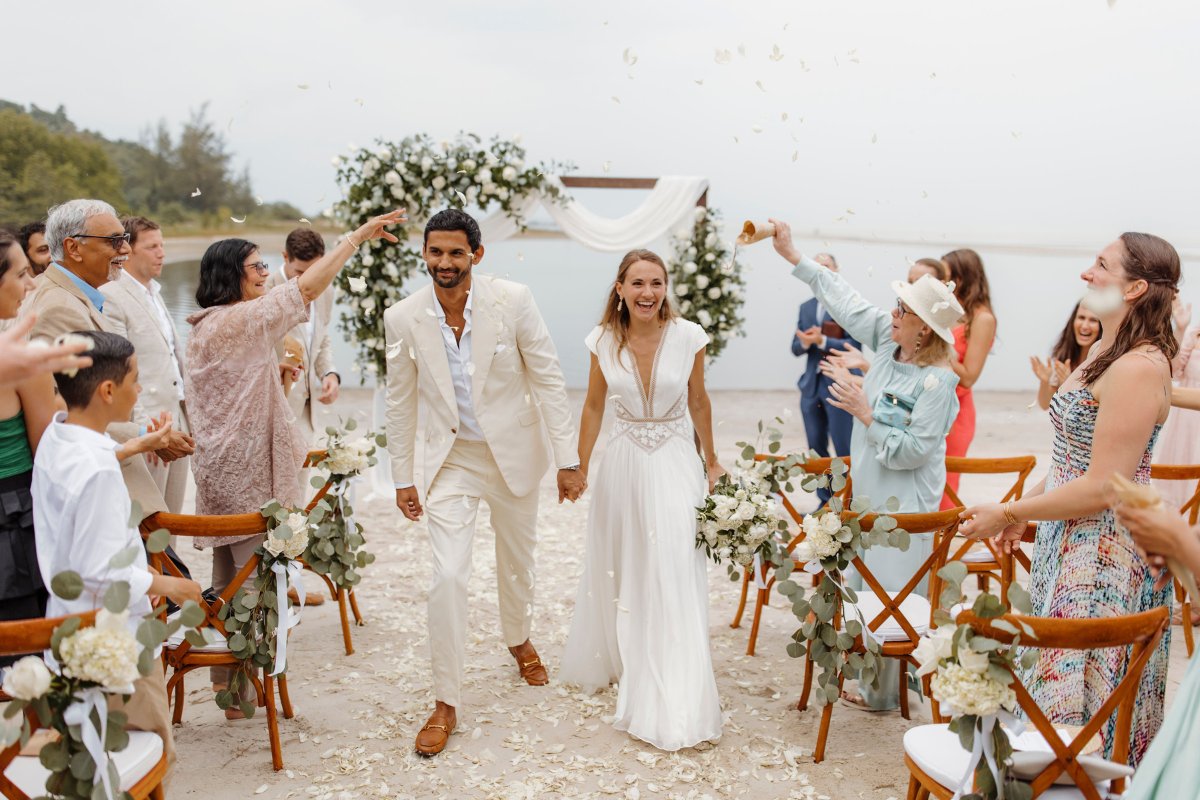
Hickey urges destination couples to avoid bringing in non-local vendors and hire locally instead. “An important part of respecting the place you are getting married is contributing to its local economy and it should be a goal of couples to have most, if not all, of the money from their wedding staying in that community,” she explains.
Avoiding appropriation doesn’t mean you must leave out cultural elements that resonate with you and your partner. Instead, as Simmons encourages, focus on informing yourself and your guests about the history and significance behind important details.
For example, if you are interested in a ceremony ritual specific to your destination, Jamie Chang of Mango Muse Events recommends “getting educated by someone of the culture (like by an officiant who specializes in local ceremonies) on what it means and giving your guests the information to understand it and why you are showing appreciation for it.”
Chang advises destination wedding couples to avoid adding cultural elements simply because they’re offered. “Unfortunately, many venues and resorts perpetuate appropriation by promoting local entertainment, ceremony rituals, or decor without the history and meaning behind it,” she explains. “But really, the onus falls on the couple because it’s their wedding, and they are choosing to include this cultural item, symbol, element, or ritual.”
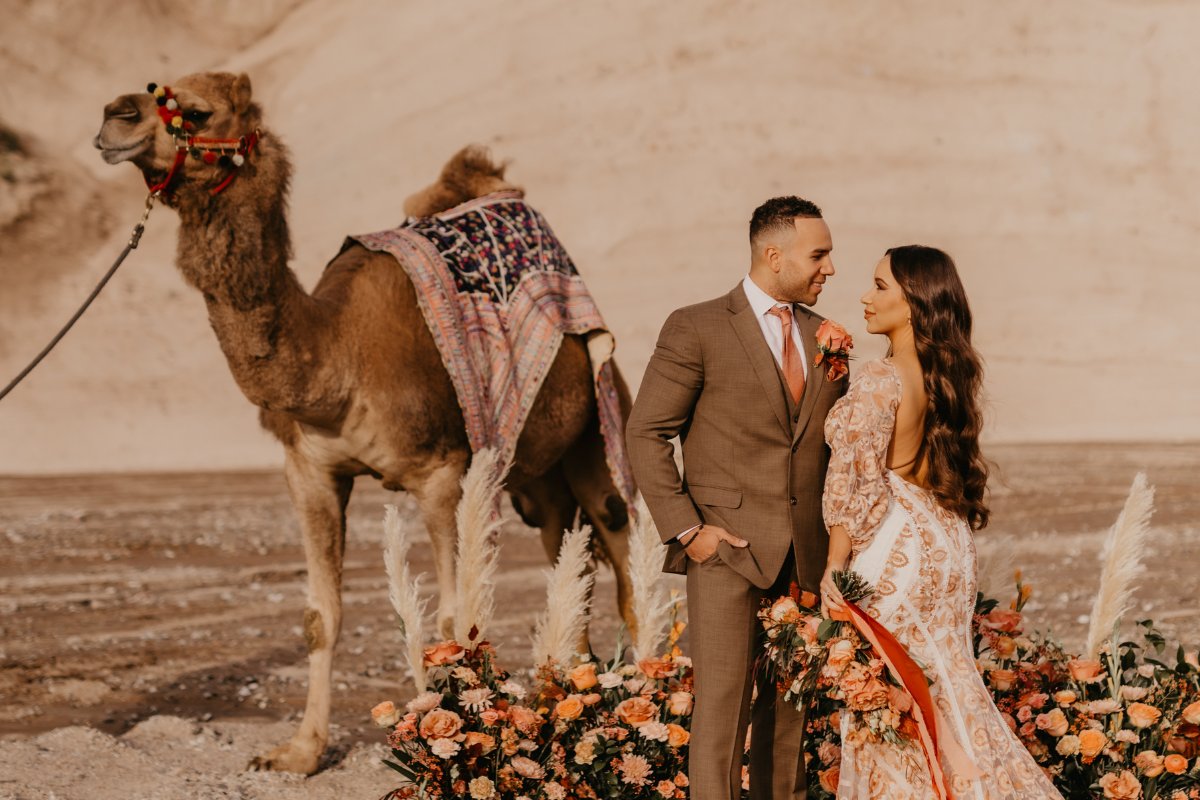
If you’re concerned about crossing into appropriation territory, connect with experts from your destination to discuss your ideas. Local wedding professionals, tourism board members, conservation specialists, indigenous group leaders, and cultural preservation centers can provide valuable insight as you plan a community-conscious wedding.
With good intentions and a healthy dose of humility, you can celebrate your wedding in a way that honors your destination and shows appreciation for the many reasons you chose it in the first place. By reading this article, you’ve already demonstrated that your heart is in the right place by showing mindfulness toward your destination!
About the Author: Meghan Ely is the owner of wedding PR and wedding marketing firm OFD Consulting. Ely is a sought-after speaker, adjunct professor in the field of public relations, and a self-professed royal wedding enthusiast.










